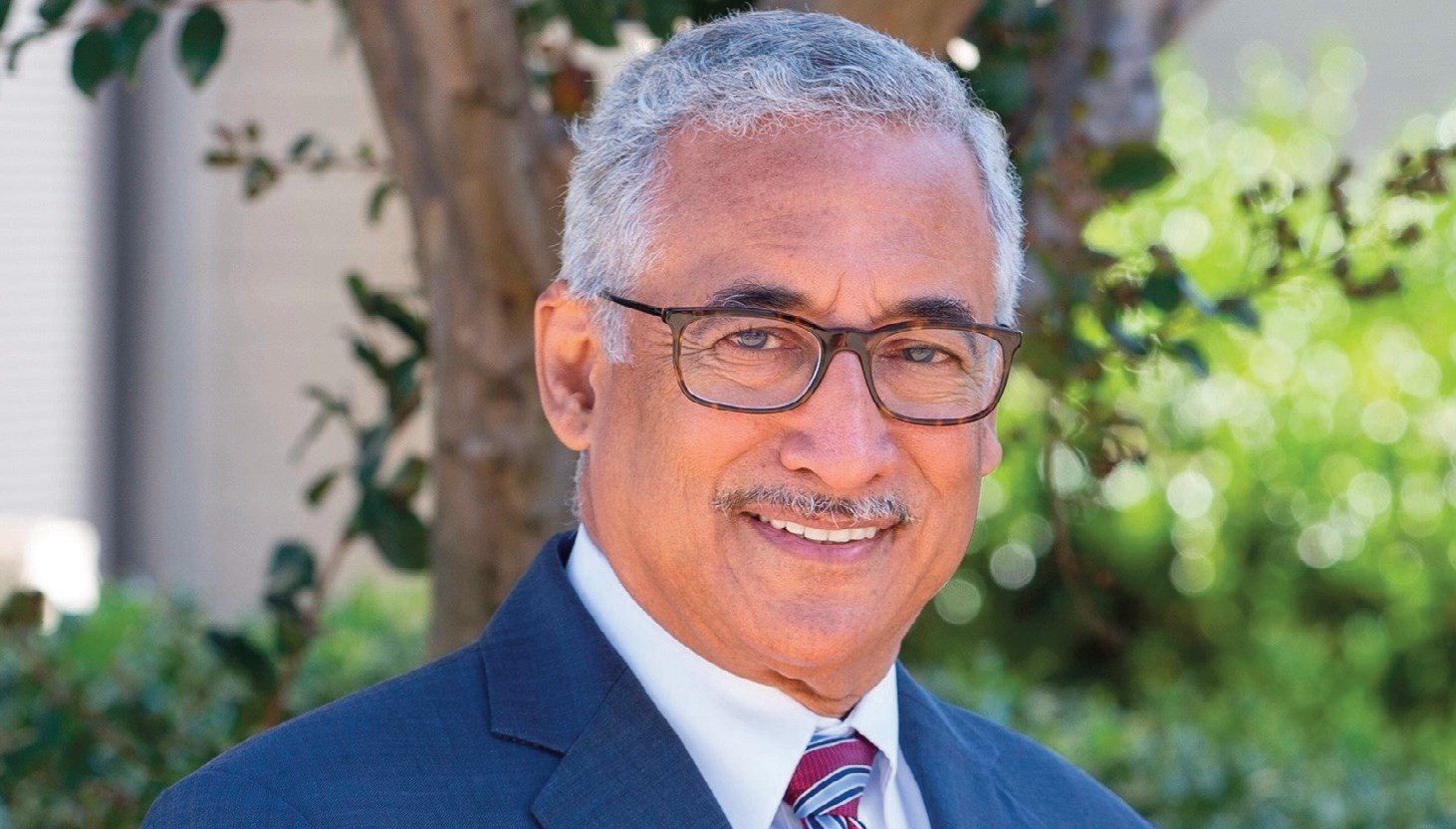TALLAHASSEE, Fla. (AP) _ Gov. Rick Scott wants to repeal the state’s yet-to-be-implemented prescription drug tracking law that’s designed to crack down on “pill mills” supplying drug dealers and addicts who flock to Florida from states already operating such systems.
Scott spokesman Brian Hughes said Tuesday that the electronic monitoring delayed by contract challenges, may not be as effective as advocates claim. The governor also was worried it might infringe on patients’ privacy, he said.
“Is that a function of government to track the activities of law-abiding people in order to track a smaller subset of criminal behavior?” Hughes asked in an interview with The Associated Press.
The proposed repeal, though, drew sharp opposition from the Florida Academy of Pain Medicine. The doctors’ group issued a statement saying such a system would be “the single most effective weapon in the battle to shut down Florida’s so-called “pill mills.”’
The state added that Florida’s pill mill crisis is hampering access to legitimate pain care, but without a monitoring system the state “is fighting a losing proposition.”
Law enforcement officials say one reason Florida has become the nation’s epicenter for prescription drug abuse is that most other states already have prescription monitoring systems.
Sen. Mike Fasano, a New Port Richey Republican who championed the database, said he’ll fight the repeal. He said the system would help authorities determine if people are “doctor shopping” to get drugs so they can feed their addictions or resell them at a profit.
“Without this important program Florida will take a step back ten years or more into the past,” Fasano said.
The repeal is buried deep in a proposed implementing bill for budget recommendations that Scott submitted to the Legislature on Monday.
Hughes said that Scott, a former health care executive, supports Attorney General Pam Bondi’s push for tougher criminal and civil penalties as “a more effective way to fight this.”
The database is not a core government function, especially in lean economic times, Hughes said. He also questioned whether it has the necessary funding to get started.
Lawmakers never provided money for the system, instead directing the governor’s drug control office to raise private contributions. One of the first things Scott did after becoming governor last month was to disband the drug office.
Bondi, though, has hired former state Sen. Dave Aronberg, who lost his own bid to be attorney general in the Democratic primary last year, as her special counsel on pill mills. She dubbed him Florida’s new “drug czar.”
Aronberg said at a news conference last week that enough money has been raised to cover the system’s first-year expenses.
Bondi declined to criticize the repeal proposal by Scott, a fellow Republican. In a statement she noted her focus is on stronger penalties but added that a properly implemented monitoring system “could be an important additional tool to address prescription drug abuse.”
Scott’s criticisms are not new. Opponents raised the privacy issue during floor debate two years ago while an outside expert said Florida’s law was too weak to be effective.
The opponents included Rep. Carlos Lopez-Cantera, a Miami Republican now serving as House majority leader. He argued then that the monitoring system was “going after the patients” instead of cracking down on doctors who are writing pill mill prescriptions.
Then-Gov. Charlie Crist signed the legislation without ceremony or comment after several Republican House leaders urged him to veto it. They also cited privacy and suggested criminals or terrorists could hack the system to get at sensitive information. Crist then was running for the Republican U.S. Senate nomination but later quit the party in a failed bid to win the seat as an independent.












No Comment